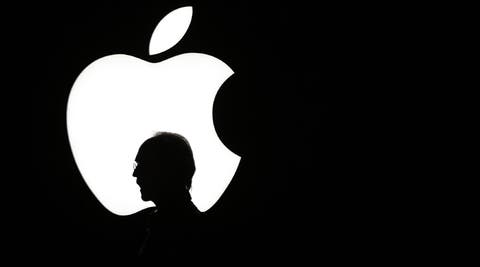The sluggish demand for 2018 iPhone can be considered one of Apple’s biggest disasters in recent years. Still, the company is putting some confidence into its services division, which is expected to show another growth. The business category includes Apple Care, Apple Pay, App Store, iTunes, Apple Music and more. Currently, Services are the second largest generator of revenue for Apple and is believed to be the company’s most profitable resort.
After seeing the poor sales of newer iPhone models, the company articulated a goal of hitting $50 billion in services revenue by 2020, from 2017’s $30 billion gross. During the last fiscal quarter of 2018, that goes from July 2018 throughout September 2018, services revenue hit a quarterly $10 billion. While Apple is convinced that it’s on the way to achieve its target, an analyst from CNBC believes that services division will be “another shoe to drop”. The analyst in question, Tony Sacconaghi of AB Bernstein worries that the companies selling subscriptions in the App Store are beginning to rebel again what now has become known as “Apple Tax.”
Apple currently charges companies like video streamer Netflix and music streamer Spotify 15% to 30% of monthly subscription revenue generated by App Store users. Apple takes now 30% of what subscribes pays for the first year, and 15% on the subsequent years. Tired of paying such taxes, content developers as Netflix and the music streamer Spotify are now moving away from accepting new subscriptions through their iOS apps. During the last month, Netflix announced that it will not allow new members, or those returning after quitting the service, to subscribe via Apple’s Ecosystem. While existent subscribers will be able to keep paying its subscription through in-app payments, new or returning users will need to do it via Netflix website.
According to Apple’s Chief Financial Officer Luca Maestri, Netflix is the largest developer in the Apple Store, but while this is true, it contributed less than 3% of total services revenue last year. In other words, the company isn’t concerned with app developers that are acting against “Apple Tax.” Even though Apple doesn’t care, the analyst believes that this policy soon may revolt more developers. His chief concern though is a case currently in front of Supreme Court. If the court issues a ruling that results in the “Apple Tax” being branded as a monopoly that overcharges developers, Apple’s services revenue growth may be severely impacted. However, a ruling isn’t expected soon since the court has yet to decide whether the plaintiffs it have the right to sue. That’s a good opportunity for Apple to get the best of its services revenue, while it starts to promote a full overhaul on its smartphone segment, after the whole fiasco of 2018 iPhone series.
